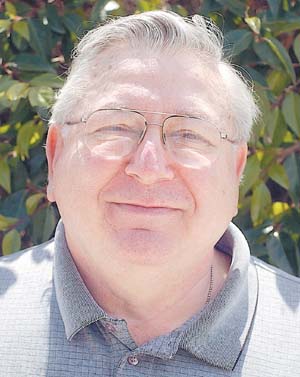In September of 1933, Time magazine ran a story titled
”
Rugged Individualism v. Robust Collectivism
”
about Henry Ford’s opposition to The National Recovery
Administration’s (NRA) code for the automobile industry. The NRA’s
mission was to organize industry fight the Great Depression and it
took a
”
one-size-fits-all
”
approach.
One of Mr. Ford’s objections was that he was already paying
the highest wages – 50 cents an hour versus his competitors’ 43
cents an hour.
In September of 1933, Time magazine ran a story titled “Rugged Individualism v. Robust Collectivism” about Henry Ford’s opposition to The National Recovery Administration’s (NRA) code for the automobile industry. The NRA’s mission was to organize industry fight the Great Depression and it took a “one-size-fits-all” approach. One of Mr. Ford’s objections was that he was already paying the highest wages – 50 cents an hour versus his competitors’ 43 cents an hour.
If you’re interested, the Bureau of Labor Statistics shows that the 1933 wage at Ford inflated to 2009 levels would be only $8.23 an hour. Seventy-six years later Ford is still an independent company; however, for all practical purposes, the federal government owns their biggest American competitor, GM. When it comes to private industry and citizens, I do not expect the argument of individualism versus collectivism to go away anytime soon, perhaps never.
Below is the premiere of Richman’s Web show, The News and You.
On the other hand, there is one area where collectivism could do a lot of good, but it usually gets only lip service, that’s in the area of intergovernmental operations. Most government entities and agencies do the same things, if they would do a better job of working together, sharing resources, eliminating duplication and reporting data, they could save the taxpayers a lot of money.
Wake up! I can see your eyeballs rolling back into your head at the mere mention of intergovernmental operations, so I’ll put it another way. The Feds claim we can save billions by having the medical community use one standard electronic medical record, then why couldn’t we save trillions by having all levels of government use the same formats for all information. Actually, we could and the huge bonus is that it would make things easier for the average citizen to see what’s going on – especially me.
I sent more than a couple of hours wading through the city’s budget meetings and it became obvious that they could generally format the thing and stick entries wherever they liked. For instance, the money the fire department spent on fighting fires out of the city originally ended up, for some strange reason, in the overtime bucket. It wasn’t actually overtime and we were going to get that money paid back. Thankfully, they eventually decided to change the way they showed those funds, but why should Joe or Jane Average have to become an expert on how their individual cities or counties or even the state handles information. These documents are complicated enough. Government data is one case where one size for everyone would do a better job of keeping the public informed.
Another advantage would be the ability of citizens to make direct comparisons. I recently tried comparing city and county data and it gave me a headache. The data was posted online, but the original information came from different software packages. Doing a copy/paste to drop them into a common spreadsheet just yielded a mess, so I had to make the entries by hand. The two government entities are located only a few blocks apart and they obviously not on the same page.
Multiply that problem by the 58 counties and more than 460 cities in California alone and you get the idea. The irony is that we have more data than ever, but it is often disorganized and there are thousands of learning curves to conquer, so it’s harder to find. This mess can be more effective at hiding information than making it useful, but you will be told, “it’s all available to the public,” and it is – somewhere.
Marty Richman is a Hollister resident. His column runs Tuesdays. Reach him at cw*****@***oo.com.









